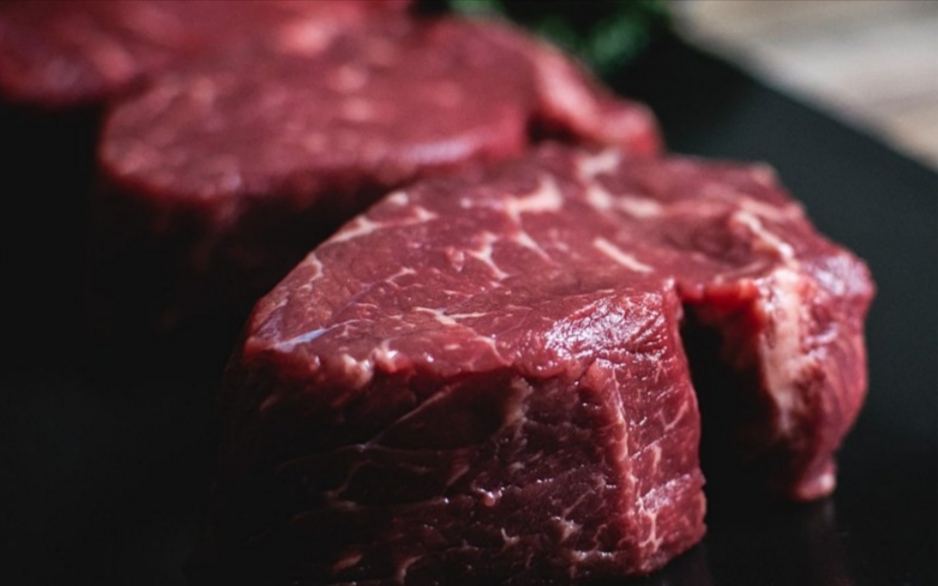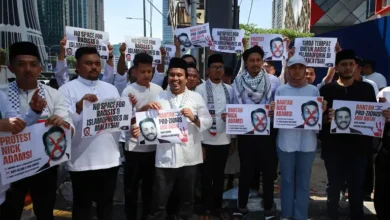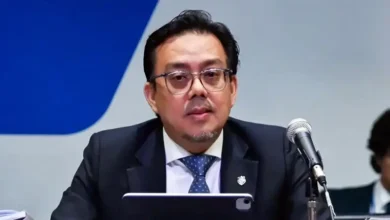Meat cartel bribing government officers
 KUALA LUMPUR: Senior officers from no fewer than four government agencies are believed to be working hand-in-glove with a cartel specialising in bringing non-certified meat into Malaysia and passing it off as halal-certified products.
KUALA LUMPUR: Senior officers from no fewer than four government agencies are believed to be working hand-in-glove with a cartel specialising in bringing non-certified meat into Malaysia and passing it off as halal-certified products.
These senior officers, entrusted with the responsibility of ensuring that halal standards are upheld, have instead received money, and in some cases even women for sex, as bribes in order to turn a blind eye to the cartel’s operations and ensure that the its activities go undetected.
It is understood that the cartel has been in operation for more than 40 years.
It is believed the cartel imports meat from non-halal-certified slaughterhouses in a few countries, such as Brazil, Bolivia, Canada, Colombia, Spain and Mexico.
The only countries that have been certified by the Malaysian authorities for the import of halal meat are Australia, Argentina, Brazil, India, South Africa, Pakistan, Japan, New Zealand and the United States, with imports handled by the Malaysia Islamic Development Department and Veterinary Services Department.
The Malaysian Quarantine and Inspection Services Department, Customs Department and port police, meanwhile, are in charge of managing the supplies once they enter Malaysian ports.
The cartel’s years of operations means it has a solid system to ensure the products — from the slaughterhouses until they leave the ports for the markets — escape official scrutiny.
Sources speaking to the New Straits Times said the process began abroad, where government agency officers entrusted with supervising the quality of the meat at the slaughterhouses would sign off on the products whether or not they met Malaysia’s rigorous halal and quality standards.
A source said in some cases, the officers, after being bribed, would sign off on the products even before they arrived at meat processing plants for checks.
“Two agencies are largely responsible for issuing approvals for products from meat processing plants abroad. But the sheer number of meat products from plants of dubious quality entering Malaysia has raised questions about the system’s effectiveness.”
The source said once the cartel bypassed the first stage of inspections, it faced few problems bringing the products into the country via the country’s ports.
The three main areas of entry for shipments, the source said, were the Port Klang Free Zone, Westport and Northport.
The cartel, said the source, had over the years worked to secure “representatives” in government agencies based at the ports.
This, said the source, was made possible only with the involvement of very senior officers from agencies working with the cartel.
“One modus operandi involves using the Customs’ K8 form when the products enter the port. The K8 form means a shipment can only transit in Malaysia before being shipped out elsewhere.
“In this case, thanks to corrupt officers, the shipment, despite being declared as K8, passes instead through another channel.
“The officer manning the channel would receive a cash bribe from a ‘runner’ to greenlight the cargo to leave the port via trucks.
“This runner, a civilian, deals directly with the agency’s senior officer,” said the source.
The goods, said the source, would then be taken to one of several warehouses, where the meat would be mixed with halal-certified meat and repacked with fake halal logos, then enter the market.
The source said the cartel did this because importing halal meat from certified sources and getting them approved by the authorities was a costly endeavour.
“As such, by eliminating the halal-certification process, the cartel stands to make a hefty profit.”
The source said wholesalers and traders were then more inclined to source cheaper goods.
“As the cartel gives an assurance that the products are halal-certified, this ensures that there is a healthy demand for their goods.” Nst





You must be logged in to post a comment.